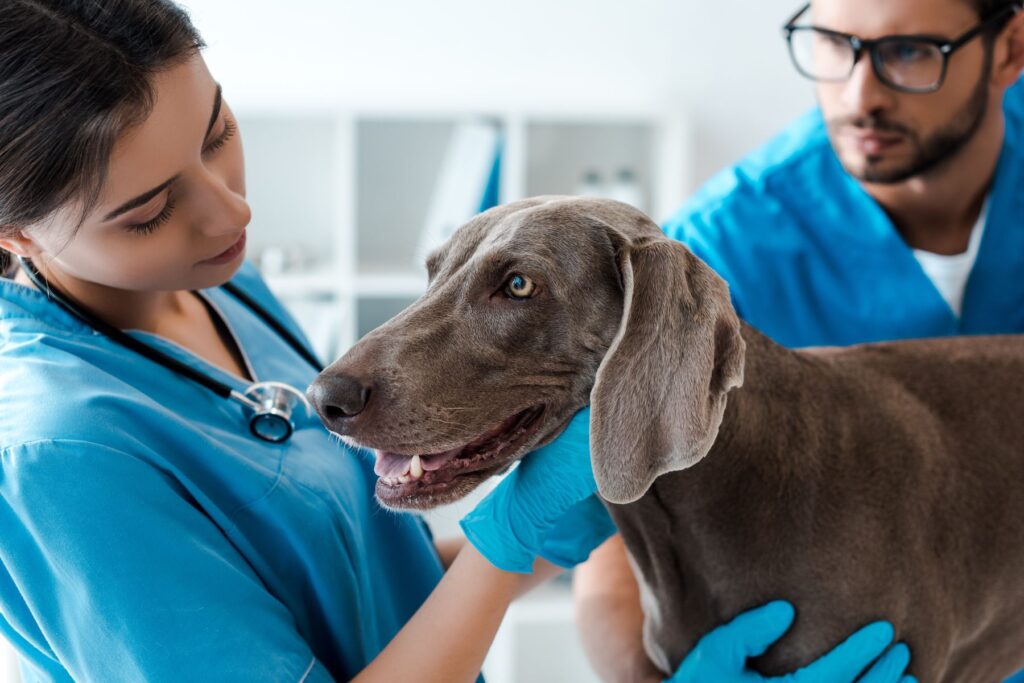Compliance Inspections made by the Texas Board of Veterinary Examiners may be conducted on veterinarians at any time, unannounced. Naturally, this is a source of consternation for Texas veterinarians. The Board uses these Compliance Inspections as a way to determine and keep track of common problems that occur in veterinary practice on a chronic basis, such as issues with controlled substances, prescription labels, and continuing education. Any issue found to be problematic and ongoing may result in discipline by the Board.
Because the Board is the primary regulatory body governing the practice of veterinary medicine in the state of Texas, the discipline it metes out carries a great deal of consequence. A veterinary practice may find itself lacking the license to practice should a Compliance Inspection not go well.
According to 22 Texas Admin Code section 573.63, an inspector is entitled, at any time during regular business hours, “to inspect equipment and business premises; examine and/or copy client and patient records, drug records, including, but not limited to, invoices, receipts, transfer documents, inventory logs, surgery logs; and all other associated records relating to the practice of veterinary medicine or equine dentistry.”
Rules and Regulations
It is, therefore, necessary for a veterinary concern to adhere to the rules and regulations that will keep the practice prepared for an unannounced visit from the Board.
This includes maintaining copies of all CE records in the office, along with a renewal certificate. CE records are required to be maintained for the past three renewal cycles.
It also includes maintaining their DEA/DPS Controlled Substances Permits on-premises (but not posted for the public to see because the drug license number on them could be used to make illegal orders). The logs of Controlled Substances must be strictly maintained to ensure the proper balance is on hand at all times, and the logbook must contain all pertinent information regarding the purchase of controlled substances and the use of such substances by the practice.
The practice must also post a Complaint Information Notice in a public space that notifies customers of how to file a formal complaint with the Board.
The moment a veterinary practice receives notice of the complaint—whether or not you believe there is a basis for the complaint—you should contact an experienced veterinary license defense attorney. It is up to you to take every conceivable action to get the complaint dismissed and, if the case goes to a SOAH hearing, to get your case argued as forcefully as possible. That means your very first step should be to call us here at BERTOLINO LLP as soon as you are able. Failing to do so may well mean the loss of your license to practice.
Professional License Defense
BERTOLINO LLP provides aggressive advocacy for establishments and professionals who are facing disciplinary action before a licensing body—for any reason. We know how to build a strong case to protect your license—and your livelihood. We highly recommend that no professional attempt to handle a complaint made against their license without the aid of a professional license defense attorney.
Our law firm helps professionals like you keep their licenses when those licenses are under attack by a state agency or Board.
With offices in Austin, Houston, and San Antonio, we serve clients all over the state. As experienced attorneys well-versed in state and federal laws, we know how to win. Our results speak for themselves!
If you are facing disciplinary action, contact us today or call (512) 476-5757 and schedule a case evaluation.
Call or text (512) 476-5757 or complete a Case Evaluation form






